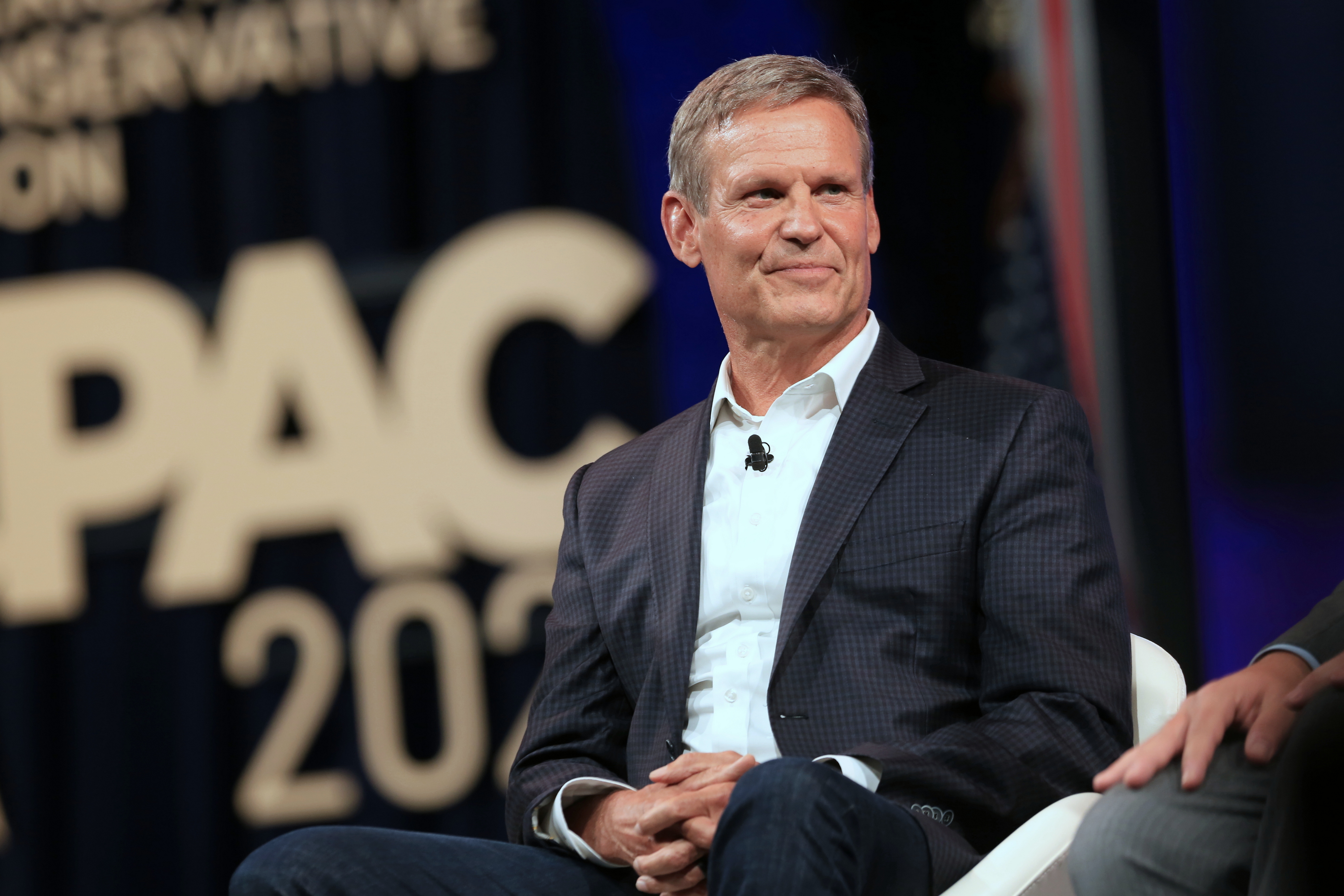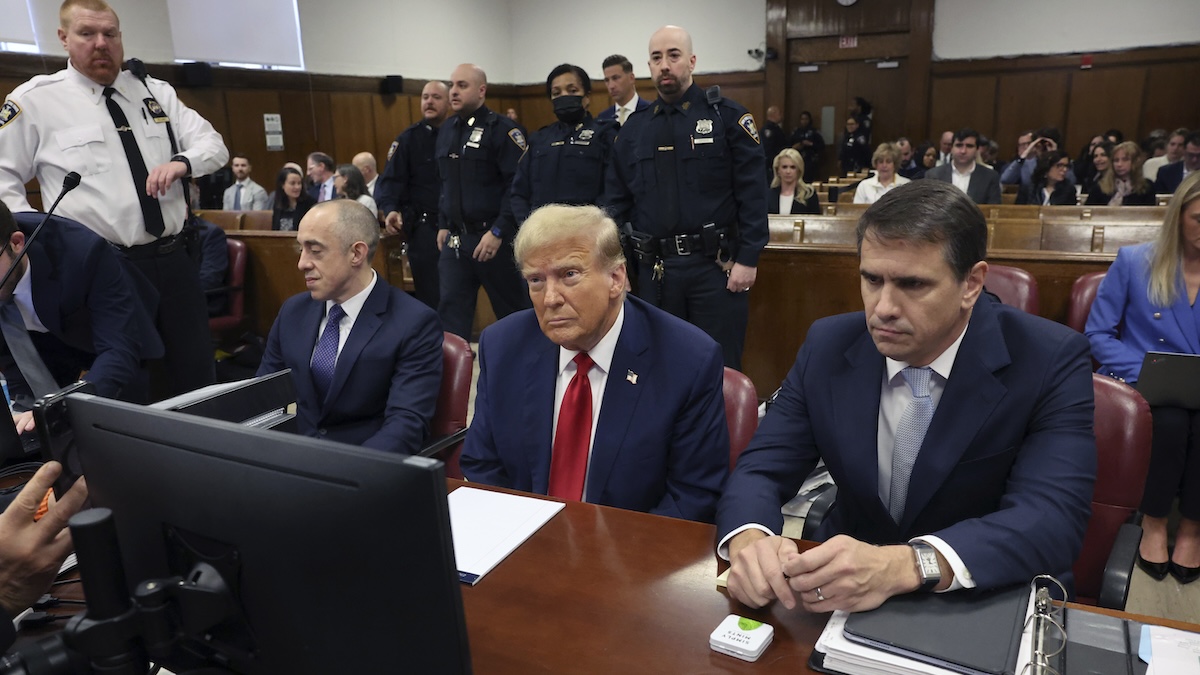A behind-the-scenes-at-the-White House book out this week is not kind to former Rahm Emanuel.
Revival: The Struggle for Survival Inside the Obama White House, by Newsweek correspondent Richard Wolffe, portrays the former Chief of Staff as energetic and full of ideas, but also as unprincipled, and lacking the discipline and people skills to get anything done.
[O]ther senior staffers believed that Emanuel’s excess energy was a major part of the problem,” Wolffe writes in one passage. “In place of the rigid discipline of the presidential campaign, instead of their no-drama style and the strategic focus, ideas ricocheted around the West Wing with each firing of Emanuel’s synapses. ‘It’s all tactics and no strategy,’ said one of Emanuel’s close colleagues. ‘That’s something the president feels very strongly he’s missing. How do I get from here to where I want to go? It’s all tactical and it’s all Rahm. He has no follow-through and no management. Nobody is there to check that what was decided in the seven-thirty meeting actually happens. The problem with Rahm is that, yes, he’s brilliant. But he is purely tactical, and he changes his mind based on a conversation he just had with Paul Begala. There are many times when Axe has to shout him down to drop an idea or a tactic. And his style is unbelievably bad. It's just too abusive.
Wolffe’s book also reinforces Emanuel’s reputation as an amoral political animal focused only on power. According to Wolffe, Obama’s White House is divided into two camps: the idealistic Revivalists, and the pragmatic Survivalists. The Revivalists, represented by David Axelrod, Valerie Jarrett, Robert Gibbs and David Plouffe -- all political soulmates of Obama, who go back to his campaign for U.S. Senate. The Survivalists were represented by Emanuel, Pete Rouse and Jim Messina -- functionaries who became part of Obama’s team after he was elected president.
“The Survivalists were political insiders who measured Change in the smaller increments of the here and now,” Wolffe writes. “They saw themselves as scrappy realists.”
Keep in mind that Wolffe’s portrayal is drawn from interviews with anonymous White House rivals who have an interest in making Obama look bad. Also keep in mind that the traits that made Emanuel look like a crass realist in a high-minded White House may be well suited for a mayor. In this campaign, Emanuel’s first policy statement was about garbage collection.
On the other hand, if Wolffe’s portrayal is accurate, don’t expect Emanuel to alter the way the mayor interacts with the city council. Expect him to wield the power of his office more effectively than ever.
Politics
“Emanuel was the master of the system,” Wolffe writes, “not the man to change it.”



